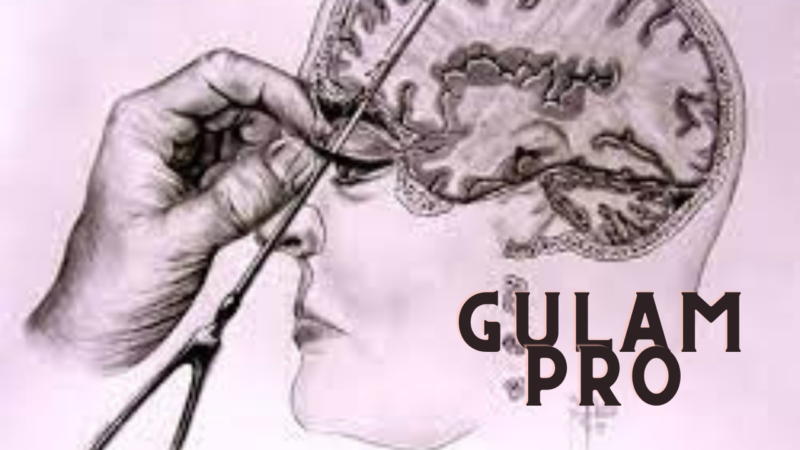Buonanotte a Domani: A Tapestry of Italian Sleep Rituals and Dreams

“Buonanotte a domani,” a melodic whisper exchanged before slumber descends, translates to “Goodnight until tomorrow.” But in the tapestry of Italian culture, it’s far more than a simple farewell. It’s a gateway to dreams, a bridge between the everyday and the ethereal, and a shared thread connecting generations.
This article delves into the intricacies of “buonanotte a domani,” exploring its historical roots, regional variations, and the role it plays in Italian sleep rituals and dream interpretations. We’ll weave together cultural insights, scientific studies, and personal anecdotes to create a vibrant portrait of this timeless phrase.
A Historical Lullaby:
The origins of “buonanotte a domani” stretch back centuries. Roman bedtime blessings invoked deities like Somnus, the god of sleep, and ancient lullabies echoed similar sentiments. During the Middle Ages, religious prayers and blessings became prominent, with families gathering to recite the “Ave Maria” before retiring.
Renaissance Italy saw a shift towards secular goodnights, often infused with poetic imagery and metaphors. Letters exchanged between lovers contained heartfelt “buonanotte” wishes, often accompanied by verses from Petrarch or Boccaccio. As time progressed, the phrase transitioned into everyday usage, becoming an essential part of the Italian bedtime routine.
Regional Whispers:
Like Italy itself, “buonanotte a domani” takes on different nuances across the country. In the bustling north, it might be a brisk “ciao buona notte,” while in the sun-drenched south, it becomes a lingering “buonanotte, sogni d’oro” (goodnight, golden dreams). In some regions, like Sardinia, a rhyme accompanies the wish, often referencing local folklore or natural beauty.
These regional variations reflect the unique cultural tapestries woven across Italy. They remind us that “buonanotte a domani” isn’t just a phrase; it’s a window into the soul of a place, its hopes, anxieties, and connection to the land.
Rituals for Rest:
Bedtime in Italy isn’t just about extinguishing lights. It’s a ritual, a shared experience that weaves family and tradition into the fabric of sleep. Children recount the day’s adventures to doting grandparents, sharing laughter and worries before a final “buonanotte a domani.” Parents might exchange soft whispers about their hopes for the future, and couples might linger in gentle embraces, finding solace in the shared promise of “a domani.”
These rituals hold immense value. Studies show that bedtime routines reduce stress, promote good sleep hygiene, and strengthen family bonds. “Buonanotte a domani” becomes a symbol of this security, a reassuring constant in the ever-changing tapestry of life.
Dreams in Dolce Vita:
The Italian relationship with sleep extends beyond the physical act of slumber. Dreaming, in Italian culture, is an art form, a canvas painted by subconscious desires and cultural influences. “Buonanotte a domani” becomes a bridge to this dreamscape, a silent wish for restful adventures in the realm of Morpheus.
Dream interpretation holds a significant place in Italian folklore. Ancient dream dictionaries, based on astrological and numerological principles, are still consulted by some. Others rely on the wisdom of elders, passed down through generations, deciphering symbols and omens hidden within nocturnal visions.
This fascination with dreams reflects a deep respect for the subconscious, a belief that hidden within the night’s tapestry lies wisdom and premonition. Whether interpreted literally or metaphorically, “buonanotte a domani” becomes a prayer for enriching dreams, a yearning for insights gleaned from the depths of our sleeping minds.
Beyond the Borders:
The magic of “buonanotte a domani” transcends geographical boundaries. Italians scattered across the globe carry this tradition close to their hearts, exchanging it with loved ones back home. It becomes a reminder of cultural heritage, a touchstone of family and the comforting rhythm of life back in the “Bel Paese.”
Furthermore, its evocative beauty has captivated foreign hearts. English-speaking poets have adopted it as a poetic phrase, musicians have woven it into melodies, and filmmakers have used it to capture the essence of Italian love and yearning.
Looking to Tomorrow:
In a world increasingly dominated by noise and digital distractions, “buonanotte a domani” serves as a gentle reminder of the importance of rest, connection, and introspection. It whispers the promise of a new dawn, a chance to start afresh, and a time to reconnect with ourselves and the ones we love.
So, tonight, as you close your eyes, let the melody of “buonanotte a domani” wash over you. Let it be a bridge to restful dreams, a wish for a brighter tomorrow, and a celebration of the enduring beauty of Italian culture. And remember, even when you’re miles away, a part of you is always home, nestled in the warm embrace of that simple yet






